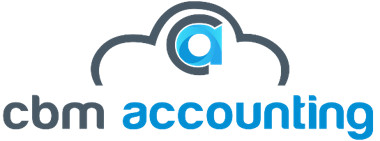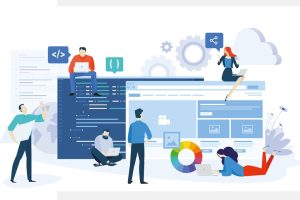Managing business expenses effectively is essential for maintaining profitability and ensuring compliance with UK tax laws. By understanding which expenses are allowable for tax deductions, you can reduce your taxable income and improve your cash flow. This guide breaks down the key aspects of business expenses and tax deductions for UK businesses.
What Are Business Expenses?
Business expenses are costs incurred while running your business. These can include day-to-day operational costs, travel expenses, marketing costs, and more. To be tax-deductible, an expense must be “wholly and exclusively” for business purposes.
What Are Allowable Business Expenses?
Allowable business expenses are costs that are “wholly and exclusively” for business purposes. This means they must be directly related to your business activities. These expenses reduce your taxable profit, ultimately lowering your tax bill.
Common Allowable Expenses:
- Office Costs: Rent, utilities, stationery, postage, and cleaning.
- Travel Expenses: Business travel, including train fares, fuel, and accommodation.
- Equipment and Supplies: Computers, printers, tools, and other necessary equipment.
- Marketing and Advertising: Website design, social media advertising, and promotional materials.
- Professional Fees: Accountant fees, legal fees, and consultancy fees.
- Insurance: Business insurance, including public liability and professional indemnity.
- Staff Costs: Salaries, wages, and National Insurance contributions.
- Training Costs: Courses and workshops related to your business.
- Phone and Internet: Business phone and internet bills.
- Premises Costs: Business rates, rent, and repairs.
Important Considerations:
- “Wholly and Exclusively”: This is the golden rule. Personal expenses are not deductible.
- Record Keeping: Keep detailed records of all your expenses, including receipts, invoices, and bank statements.
- Capital Allowances: For larger purchases like equipment, you may be able to claim capital allowances, which spread the tax relief over several years.
- Home Office Expenses: If you work from home, you can claim a portion of your household expenses, but this is subject to specific rules.
- Entertainment Expenses: Business entertainment expenses are generally not deductible, except for staff entertainment.
Expenses That Are Not Tax Deductible
While many expenses qualify for deductions, some costs are not allowable, including:
- Personal expenses not related to business activities.
- Entertaining clients, suppliers, or hospitality expenses.
- Fines and penalties (e.g., late tax filing penalties).
- Loan repayments (though interest on business loans may be deductible).
How to Keep Track of Business Expenses
Proper record-keeping is essential for claiming tax deductions and complying with HMRC regulations. Here’s how you can manage your business expenses effectively:
- Use accounting software like Xero, QuickBooks, or Free Agent to track income and expenses.
- Keep all receipts and invoices for at least six years.
- Separate personal and business finances with a dedicated business bank account.
Claiming Tax Deductions on Your Tax Return
Depending on your business structure, you can claim tax deductions in different ways:
- Sole traders and partnerships: Claim expenses on the Self Assessment tax return (SA103 form).
- Limited companies: Claim expenses through Corporation Tax returns and keep records for VAT reclaims (if VAT-registered).
Understanding Self-Assessment:
If you’re a sole trader or in a partnership, you’ll need to complete a Self-Assessment tax return. This is where you declare your income and expenses and calculate your tax liability.
Tips for Maximizing Deductions:
- Keep Accurate Records: Meticulous record-keeping is essential.
- Review Expenses Regularly: Regularly review your expenses to identify potential deductions.
- Utilize Accounting Software: Accounting software can help you track expenses and generate reports.
- Seek Professional Advice: Consult with an accountant or tax advisor for personalized guidance.
- Stay Updated: Tax laws and regulations can change, so it’s important to stay informed.
Common Mistakes to Avoid:
- Claiming Personal Expenses: Don’t mix personal and business expenses.
- Missing Deadlines: File your tax return on time to avoid penalties.
- Ignoring Record Keeping: Maintain organized records of all your expenses.
- Not Seeking Professional Advice: Don’t hesitate to seek help from a qualified professional.
Final Thoughts
Understanding business expenses and tax deductions can significantly reduce your tax bill and improve your company’s financial health. By keeping accurate records, knowing which expenses qualify, and seeking professional advice, you can ensure compliance while maximizing savings.
For tailored tax planning and accounting support, consider working with a professional tax advisor to make the most of your allowable deductions.
Let CBM accounting be your professional tax consulting partner!

